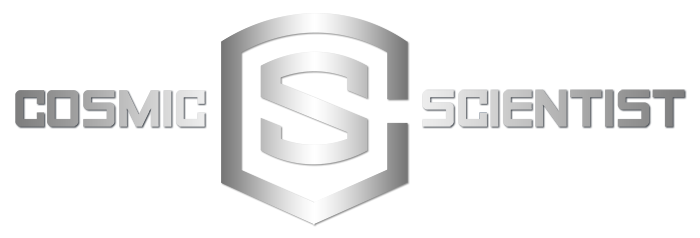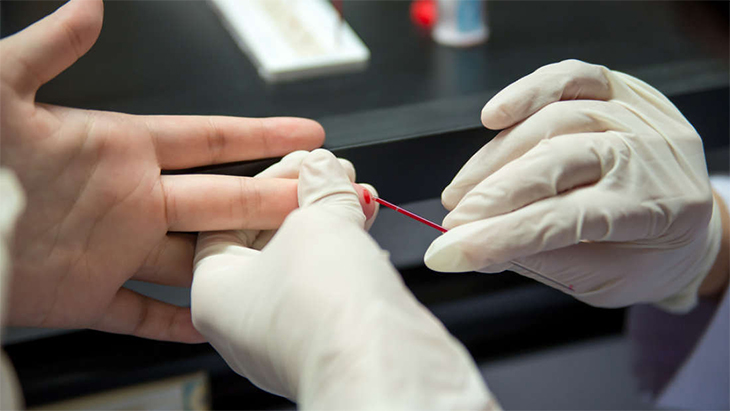By: Alfredo Carpineti/IFLScience The Royal Swedish Academy of Science has given the 2017 Nobel Prize in Physics to Rainer Weiss, Barry Barish, and Kip Thorne for their work with the LIGO/VIRGO collaboration and the 2015 discovery of gravitational waves. This announcement sparked little surprise as gravitational waves were tipped to be the likely winning subject of this year’s physics prize.
Gravitational waves are ripples in the fabric of space-time. Any object that has mass creates oscillation as it moves, but most objects are just too small, smaller than fundamental particles. But if the interacting objects are massive enough, they can create ripples just big enough (we’re still talking at atomic scales) to be seen by the detectors.
“The first ever observation of a gravitational wave was a milestone – a window on the Universe,” Professor Olga Botner, from the Royal Swedish Academy of Sciences, said during the announcement.
BREAKING NEWS The 2017 #NobelPrize in Physics is awarded to Rainer Weiss, Barry C. Barish and Kip S. Thorne @LIGO. pic.twitter.com/za1GNsAfnE
— The Nobel Prize (@NobelPrize) October 3, 2017
Gravitational waves have been detected four times so far. Three times by the two LIGO detectors in Washington and Louisiana and one, most recently, by the VIRGO detector in Italy. These three detectors are laser interferometers. They are L-shaped facilities that can shoot laser beams at mirrors located kilometers away from the central hub. Two laser beams are shot perpendicularly to each other and scientists determine whether they look the same when they return. If they don’t, there might have been a gravitational wave stretching or compressing the light in one direction but not the other.
The LIGO and VIRGO collaborations employ thousands of scientists from many different institutions across the world. And while science is a group effort, the Nobel prizes are only given to individuals. Weiss, Barish, and Thorne have worked both on the detectors and on the theory of gravitational waves.
“I view this more as a thing that recognizes the work of about a thousand people. I hate to tell you but it’s as long as 40 years of people thinking about this, trying to make a detection, and slowly but surely getting the technology together to do it,” Weiss, Professor of Physics at MIT, said during the press conference.
Both LIGO and VIRGO have recently undergone extensive upgrades and thanks to these technological advances, the discoveries of the last few years have been possible.




